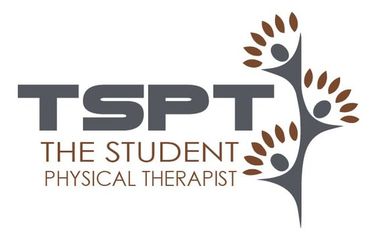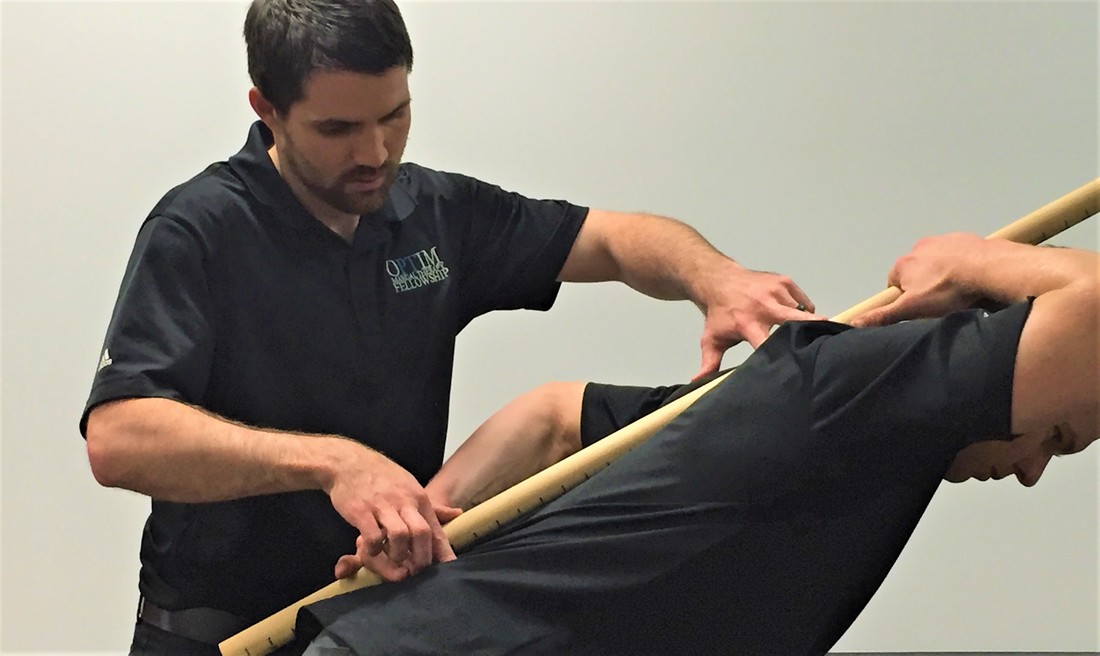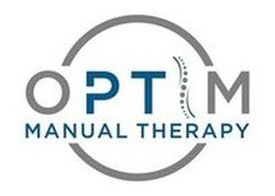- Home
- About Us
- TSPT Academy
- Online Courses
-
Resources
- Newsletter
- Business Minded Sports Physio Podcast
- Day in the Life of a Sports PT
- Residency Corner
-
Special Tests
>
-
Cervical Spine
>
- Alar Ligament Test
- Bakody's Sign
- Cervical Distraction Test
- Cervical Rotation Lateral Flexion Test
- Craniocervical Flexion Test (CCFT)
- Deep Neck Flexor Endurance Test
- Posterior-Anterior Segmental Mobility
- Segmental Mobility
- Sharp-Purser Test
- Spurling's Maneuver
- Transverse Ligament Test
- ULNT - Median
- ULNT - Radial
- ULNT - Ulnar
- Vertebral Artery Test
- Thoracic Spine >
-
Lumbar Spine/Sacroiliac Joint
>
- Active Sit-Up Test
- Alternate Gillet Test
- Crossed Straight Leg Raise Test
- Extensor Endurance Test
- FABER Test
- Fortin's Sign
- Gaenslen Test
- Gillet Test
- Gower's Sign
- Lumbar Quadrant Test
- POSH Test
- Posteroanterior Mobility
- Prone Knee Bend Test
- Prone Instability Test
- Resisted Abduction Test
- Sacral Clearing Test
- Seated Forward Flexion Test
- SIJ Compression/Distraction Test
- Slump Test
- Sphinx Test
- Spine Rotators & Multifidus Test
- Squish Test
- Standing Forward Flexion Test
- Straight Leg Raise Test
- Supine to Long Sit Test
-
Shoulder
>
- Active Compression Test
- Anterior Apprehension
- Biceps Load Test II
- Drop Arm Sign
- External Rotation Lag Sign
- Hawkins-Kennedy Impingement Sign
- Horizontal Adduction Test
- Internal Rotation Lag Sign
- Jobe Test
- Ludington's Test
- Neer Test
- Painful Arc Sign
- Pronated Load Test
- Resisted Supination External Rotation Test
- Speed's Test
- Posterior Apprehension
- Sulcus Sign
- Thoracic Outlet Tests >
- Yergason's Test
- Elbow >
- Wrist/Hand >
- Hip >
- Knee >
- Foot/Ankle >
-
Cervical Spine
>
- I want Financial Freedom
- I want Professional Growth
- I want Clinical Mastery
There are many jobs to advertise mentoring with few actually failing to live up to expectations. There are also different types of mentoring. Having completed a residency myself and being a residency faculty mentor, my experience has been one on one patient treatment and discussion. We problem solve various cases together and challenge each other on why we are doing what we are doing and possible alternatives. While that version of mentoring is ideal, it is unrealistic for employers to offer that regularly. Mentoring for other employers may mean journal clubs, chart audits, or case discussion with one of your co-workers. The concept of mentoring is understood in such a variety of ways that it is essential that prior to interviewing, you should make sure you understand what YOU want and what the employer is offering. Now if the job you take doesn't offer what you are looking for, there are other avenues as well. Discussion regularly occurs on social media groups regarding cases or general topics, although, you may have to put up with some preaching occasionally on specific treatment approaches. Additionally, there are services you can pay for where you pay for an expert's time to discuss cases or whatever you want (such as Dr. E at Modern Manual Therapy). If looking for advanced treatment or assessment ideas, you can check out our Insider Access Page. For those looking for a long-term commitment to mentoring and clinical reasoning development in addition to learning advanced techniques, you can look for a program to join, such as Optim Manual Therapy's COMT program or other system based or non-system based programs. These can help to develop your clinical reasoning overall and hands-on skill. Programs like Optim, offer weekly case discussion online as part of the program. The key for you is to know what you want in mentoring, and then to go find it! -Dr. Chris Fox, PT, DPT, OCS
0 Comments
Leave a Reply. |
Dr. Brian Schwabe's NEW Book in partner with PaleoHacks!
Learn residency-level content on our
Insider Access pages We value quality PT education & CEU's. Click the MedBridge logo below for TSPT savings!Archives
July 2019
Categories
All
|









 RSS Feed
RSS Feed